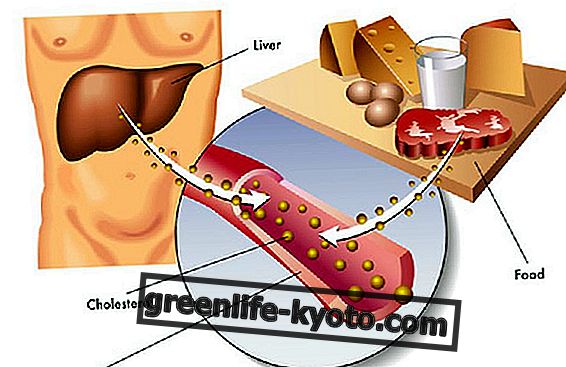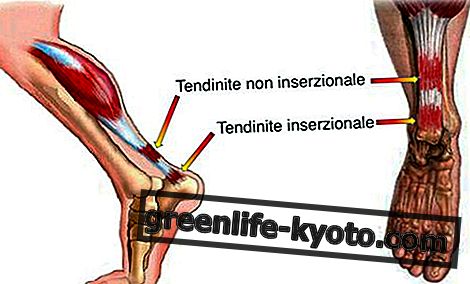
We die of pollution
There seems to be a direct relationship between infertility and pollution : two reliable voices in the panorama of cooperation for global development on the one hand and Italian research on the other are saying.
The Organization for Economic Cooperation and Development in its latest report entitled " OECD Environmental Perspectives on the 2050 Horizon has estimated that in Europe air pollution is responsible for around 600, 000 premature deaths.
Still, the smog is going to considerably affect the increase in mortality worldwide, especially in the Asian countries of China and India in particular, where in some cities the air is unbearable.
In the same document it is also recognized that atmospheric pollution affects the fertility of the population.
In particular, several epidemiological studies have observed that environmental factors and exposure to chemical agents would also affect the size, motility and number of spermatozoa .
The environment influences spermatozoa, even in Italy
One does not go far: in a recent Italian research on the polluting effects on human DNA entitled "Sperm DNA fragmentation: An early and reliable marker of air pollution", published in the journal Environmental Toxicology and Pharmacology, highlighted not only how the effects of pollution also affects the morphology of spermatozoa, but also fine particles and other pollutants can modify the expression of many genes, thus paving the way for the development of various pathologies.
Research has shown that the impact of pollution on male health can be measured by examining the spermatic fluid .
This has highlighted alarming data on the vitality and fertility of the male seed of those living in severely polluted areas, as has been deduced from the specific cases of Taranto or the Terra dei Fuochi, between the provinces of Naples and Caserta, compared with whom lives in areas of the same regions not considered at risk.
The obvious difference between the two samples examined showed that those who live or work in polluted areas have a greater chance of developing some sperm damage .
The researchers then demonstrated that the evaluation of sperm DNA can be both an indicator of individual health and reproductive capacity, therefore an adequate data to connect the surrounding environment to its effects .
What to do to combat infertility
The advice for those who are more subject than others or live in areas of high pollution are related to prevention.
Prevention can stem from changing habits: enriching one's diet with antioxidant vegetables, possibly from biological sources , avoiding the use of products that contain harmful substances (such as phthalates or parabens), do not abuse alcohol and avoid cigarette smoking, including smoking . passive.
Pollution also significantly affects what we eat, causing the nutritional impoverishment of foods .
Taking care of your fertility, and therefore of your physical and reproductive well-being in adulthood, also means carving out a weekend to go to oxygenate yourself in the mountains or where the air is cleaner or to take long walks along the sea coasts.













